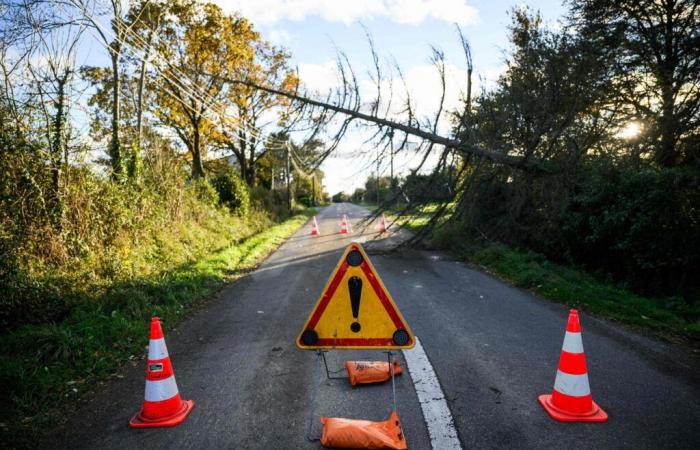Ct is obvious: climate change is increasingly affecting our economies, through the risks it induces and the investments it requires. Despite this, climate is largely ignored in macroeconomic data, and particularly in the calculation of gross domestic product (GDP). Not that this indicator, its relevance, its role or its methodology, is not regularly the subject of debate, accused of dryly accounting for production, consumption and other added values without ever taking into account the well-being that human beings can derive from it. .
« GDP has been the reference metric for economic statistics since the middle of the 20th century.e century », recalled, in 2022, Nicolas Carnot, today director of economic studies and syntheses at INSEE. “ At the time, the finiteness of natural resources was not at the heart of the issues. »
But times have changed and, in the eyes of economists, the climate has become a much more serious matter than happiness. For the first time, based on the conclusions of the Stiglitz-Sen-Fitoussi commission in 2009, INSEE published, on November 5, indicators “augmented” with a good dose of climate data. “One of the limits of GDP is that it does not take into account the fact that current economic activities, the value of which it measures, affect, via the greenhouse gas emissions that accompany them, the quality of the heritage transmitted to future generations »indicates INSEE.
“Monetize” nature
Two phenomena are thus measured by these new “augmented” indicators. The first is the creation of value minus the impact of emissions, which has become the adjusted net domestic product (Pina). The second is the future cost of decarbonization and that of the damage already caused to assets, measured by an indicator called “adjusted net savings”. Verdict: in 2023, the Pina was 4.3% lower than traditional GDP, which means that climate change and decarbonization “cost” nearly 100 billion euros to the French economy.
Read also | Article reserved for our subscribers Decarbonization: the “difficult transformation” of French industry
Read later
As for France’s adjusted net savings – which corresponds to the value that remains available in the economy for future generations – it has been negative for several years. In other words, the economy in its current form is not sustainable in the long term. And with all this, some good news nonetheless: greenhouse gas emissions from the French economy fell by 5.6% compared to 2022, which made it possible to save 21 billion euros in 2023 on the cost of decarbonization.
You have 37.12% of this article left to read. The rest is reserved for subscribers.






